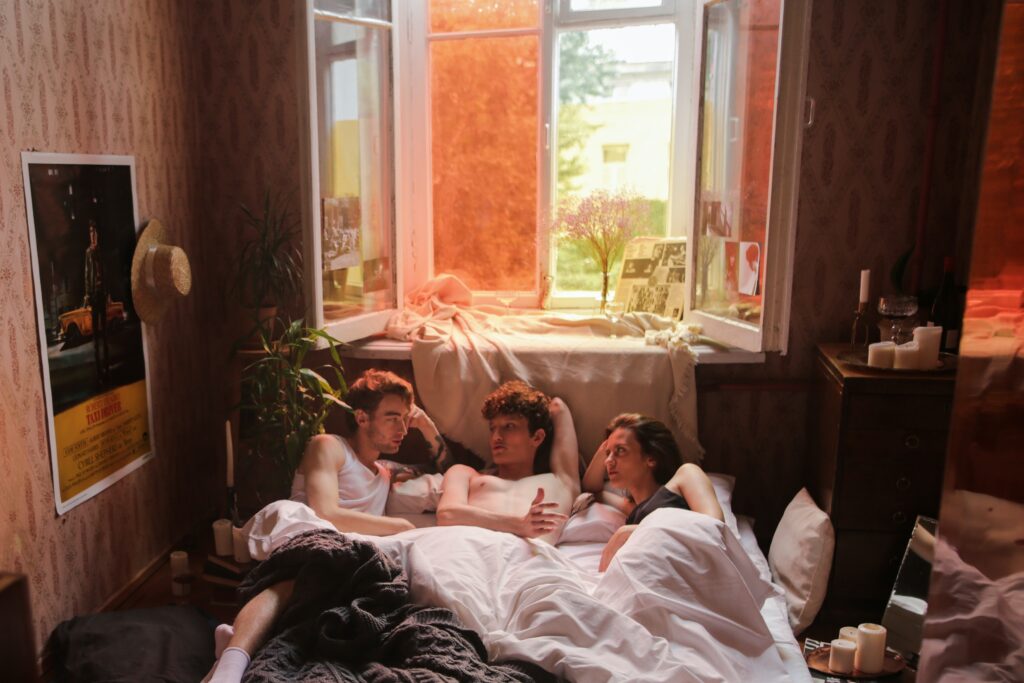Strobe lights, smoke machines, pumped up music, and an even more pumped up crowd. If I close my eyes I can almost feel my feet stick to the floor…
…Remember clubbing?
It has long been an undermined aspect of our culture, yet clubbing is responsible for a vast amount of revenue generated. Berlin welcomes over 3 million tourists into its clubs every year and just in the UK, it generates up to £66bn in employment and annual earnings.
Clearly, all of this was before we were mercilessly hit with the pandemic. Nowadays, we are experiencing the biggest nightlife crisis since World War II. The social distancing restrictions and travel ban have unreservedly devastated an industry that had become predominantly dependent on tourism and mass gatherings. The support for this subculture has been visibly lacking throughout this crisis. Leaving promoters, DJs, and many more struggling to make ends meet. Since clubbing is repeatedly excluded from any traditional definition of arts and culture, it is often shut out of economic aid.
Some venues have been able to adapt to the situation. The infamous Berghain in Berlin turned its space into a gallery, and London’s The Cause turned its outdoor Space into Costa del Tottenham, a space to enjoy some food, drinks, and music. Still, countless clubs have closed down, falling prey to the virus.
Many believe that clubs and the culture around them simply aren’t all that crucial to society, but at the end of the day, clubbing is a human experience that connects us all. There is beauty in a crowd collectively dancing their socks off, in pouring your heart out to a complete stranger in the toilets, and in the camaraderie inherent to a smoking area.
“Any chance I can bum a smoke off you?”. Ah yes, that’s the stuff… Right there.
We are social creatures, and one way or another we flock towards sound, rhythm, and physical touch. We let go and (dis)connect into something larger than ourselves. A fact that has become undeniably apparent during the pandemic. As loneliness settled in, our need for collective experiences took over.
After being cooped up in their homes for months on end, and having consumed the entire Netflix catalogue, the people demanded party time. And so, the digital clubbing scene was born.
Making use of gaming and corporate technology, Zoom parties and Twitch live streams have become standard practice. Burning Man even relocated its eminent festival to a carefully crafted online Multiverse one could navigate with Virtual Reality headsets, laptops, or phones. One could customize their own avatar and explore the digital festival grounds, attending yoga classes, spiritual workshops and DJ live sets.
The aim: To maintain some of the key principles of the event, radical self-expression and community-led activity.
The Co-Reality Collective emerged in April 2020 as a knight in shining armour to quench the thirst of club enthusiasts worldwide. They began hosting club nights over Zoom which include bouncers ensuring everyone is appropriately dressed, a waiting line, separate rooms with different styles of music with hosts to keep the spirits high, and a livestream of an empty toilet where people could take a break from the hustle. Some of their themed nights even include a hot-tub room where attendees party from their bathtubs in bathing suits. Whatever floats your boat! The reviews speak for themselves, nothing but kind words from hundreds of party-goers, thanking the collective for gifting them a carefree night, which allowed them to feel like they were part of something special.
But what is the shelf life on this thing? Is it really a worthy alternative to the long-established clubbing scene?
For many, the reality of these digital events doesn’t do the trick. The technology simply isn’t sufficiently powerful to be engaging enough to suck you in. Once you’ve been to a Zoom party, you’ve been to them all, the format soon becomes stale. Moreover, the profits – if any at all – pale in comparison to those of the traditional scene. DJs and promoters need liveable wages at the very least, not to mention all the other jobs which physical clubs create.
Nevertheless, there is still hope for online parties after the pandemic. Perhaps it won’t substitute the real thing. Perhaps it shouldn’t! It is clear that a new wave of freshness has emerged, and the accessibility provided by these initiatives has been praised left, right, and centre. Those who either couldn’t go out before or did not feel welcome or comfortable in traditional clubbing spaces (due to discrimination, marginalisation, mobility or household issues…etc), have found a safe space to let their hair down. They found that sense of community.
This is also an opportunity to nurture a more sustainable model of entertainment, that does not rely on tourism and mass mobilisation, and is, therefore, more environmentally friendly.
The demand for digital clubbing was extremely sudden, so of course protocols haven’t caught up with the audience’s demands and the workers’ needs. But now, the development of an operational structure and satisfying technology can be specifically focalised to cater to this experience.
Maybe we need to stop thinking of virtual clubbing as a replacement and embrace the endless possibilities of the digital realm. Why replicate reality when we can take it to another dimension?













